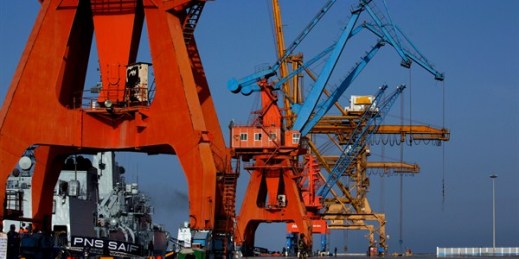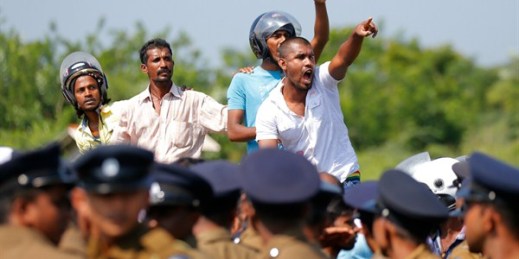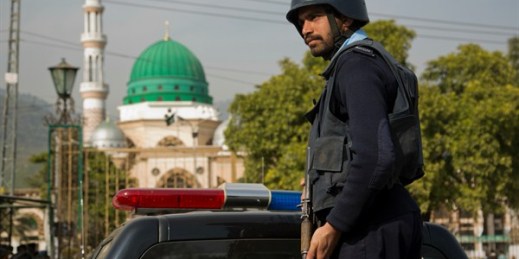
Editor’s note: This article is the first in an ongoing WPR series about China’s One Belt, One Road infrastructure initiative, also known as the Silk Road Economic Belt and the 21st Century Maritime Silk Road. The China-Pakistan Economic Corridor, sometimes described as the “flagship project” of China’s One Belt, One Road initiative, is proof that geo-economics is operating alongside geopolitics to push Beijing and Islamabad closer together. In an email interview, Arif Rafiq, president of Vizier Consulting and a fellow at the Center for Global Policy, explains how CPEC’s energy and infrastructure projects can benefit both countries and discusses hurdles […]


